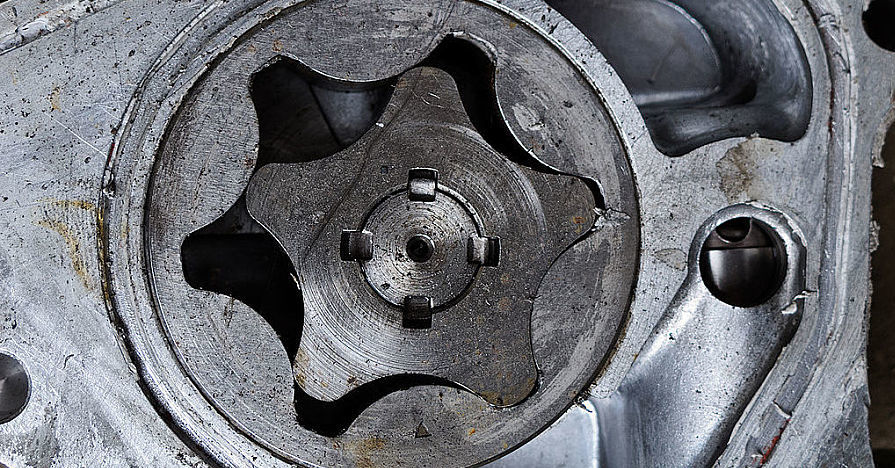
The oil pump is an indispensable component of any engine, responsible for ensuring proper lubrication of critical parts. Its primary role is to circulate oil effectively to prevent wear, overheating, and potential engine failure. Knowing how to maintain this vital component is crucial for the longevity and optimal performance of your vehicle.
Importance of Oil Pump Maintenance
Maintaining the oil pump isn’t just about keeping the engine running smoothly; it’s about safeguarding against costly repairs and unexpected breakdowns. By adhering to a strict maintenance schedule, drivers can extend the lifespan of their engine and maximize its efficiency.
Identifying Signs of Oil Pump Issues
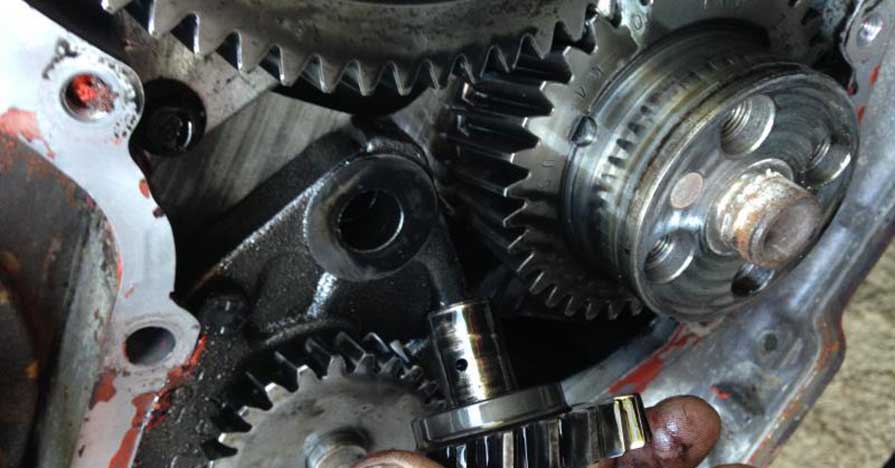
Recognizing early signs of oil pump problems can prevent serious engine damage. Here are key symptoms to watch for:
1. Low Oil Pressure
Inadequate oil pressure due to pump failure can lead to insufficient lubrication of engine components.
This accelerates wear and tear on critical parts, potentially resulting in expensive repairs.
2. Elevated Operating Temperatures
A malfunctioning oil pump may fail to circulate oil properly, causing engine temperatures to rise.
Overheating can cause irreversible damage to engine parts, requiring immediate attention.
3. Unusual Noises
Strange sounds like knocking or tapping may indicate inadequate lubrication due to oil pump failure.
These noises indicate increased friction, which can lead to significant engine damage if not addressed promptly.
Taking Proactive Measures
Prompt action is crucial upon noticing any of these symptoms. Even if the oil pump appears to be functioning adequately, these signs could indicate underlying issues requiring professional evaluation. Proactive maintenance helps mitigate potential damage and ensures consistent engine performance.
Common Causes of Oil Pump Failure
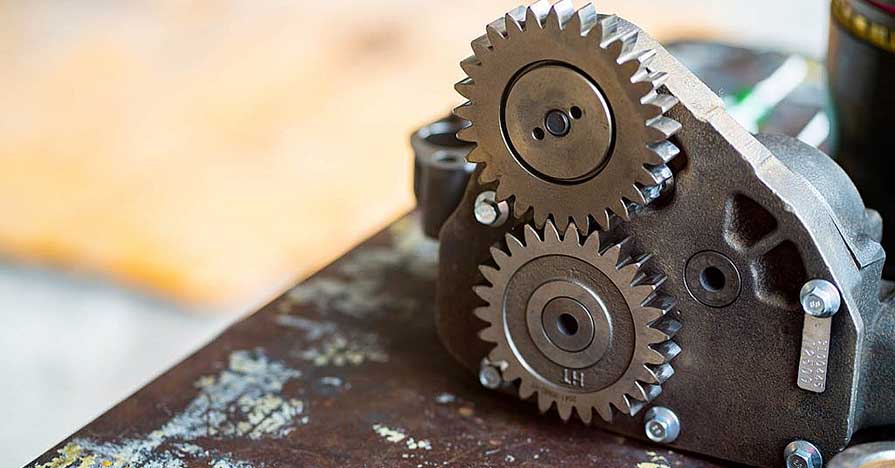
Understanding the causes of oil pump failure can help prevent future issues:
1. Incorrect Installation Practices
Improper installation techniques, such as misalignment or insufficient fastening, can impair oil pump performance.
Structural damage to pump housing or gear shafts due to improper installation may lead to catastrophic engine failure.
2. Contamination During Installation
Failure to thoroughly clean components before installation can introduce contaminants into the oil pump system.
Contaminants compromise oil flow efficiency and damage internal components, reducing overall pump reliability.
Preventive Maintenance Practices
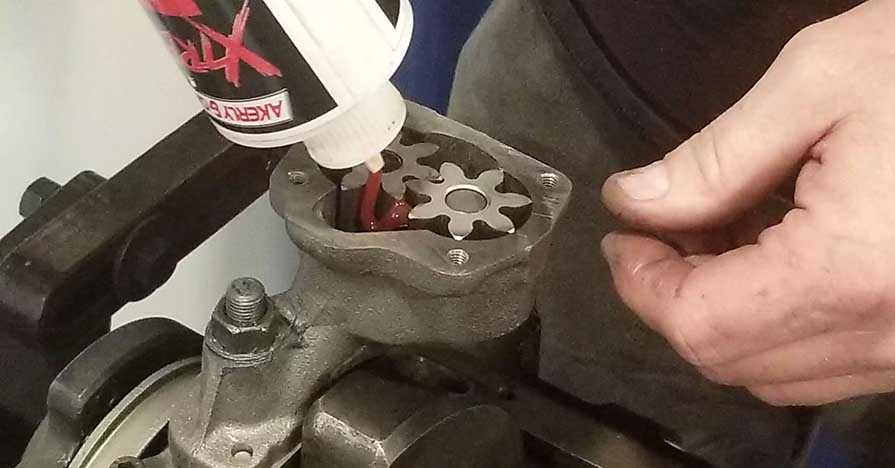
To maximize the lifespan of your oil pump and engine, adopt these preventive measures:
1. Adherence to Manufacturer’s Guidelines
Follow recommended installation procedures and maintenance schedules outlined by the manufacturer.
Proper alignment and secure fastening ensure optimal oil pump performance and reduce the risk of premature failure.
2. Regular Oil Changes
Replace engine oil and filters at recommended intervals to maintain oil cleanliness and effectiveness.
Clean oil promotes better lubrication and protects engine components from wear and tear.
3. Routine Inspection and Monitoring
Regularly inspect oil pump functionality and related components during scheduled maintenance checks.
Look for signs of leaks, wear, or unusual noises that may indicate potential issues with the oil pump.
4. Use of High-Quality Lubricants
Choose engine oils and lubricants recommended by the manufacturer to enhance oil pump performance.
High-quality lubricants offer better viscosity and thermal stability, improving overall engine protection.
Advanced Maintenance Tips
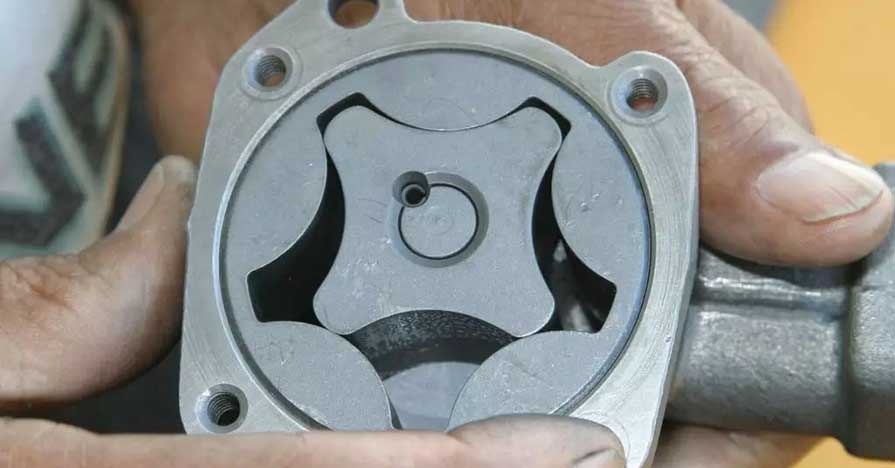
For drivers looking to enhance oil pump care further, consider these recommendations:
1. Performance Upgrades
Upgrade to high-performance oil pumps designed for increased demands and operating conditions.
Enhanced pumps improve oil circulation efficiency and extend engine lifespan under strenuous use.
2. Professional Assessment
Periodically seek professional evaluation of oil pump performance and engine health.
Expert diagnostics can identify potential issues early, preventing major repairs in the future.
Conclusion
In conclusion, proactive maintenance of the oil pump is essential for preserving engine longevity and performance. By recognizing signs of oil pump failure, following preventive maintenance practices, and using quality lubricants, drivers can ensure reliable vehicle operation and reduce the risk of unexpected breakdowns. Regular maintenance not only saves on repair costs but also enhances driving experience and vehicle reliability.
Ensuring Long-Term Reliability
Regularly scheduled maintenance, including thorough inspections and adherence to manufacturer guidelines, forms the foundation of oil pump reliability. By taking these proactive measures, drivers can rest assured knowing their engine is well-protected and ready to deliver optimal performance mile after mile.
Get in Touch
Ready to experience the difference with YEM Excavator Parts Team? Contact us today via our website, email, or phone, and let us help you unlock the full potential of your excavator. With our comprehensive product range, unwavering commitment to quality, and exceptional customer service, we’re your trusted partner in excavator parts.
